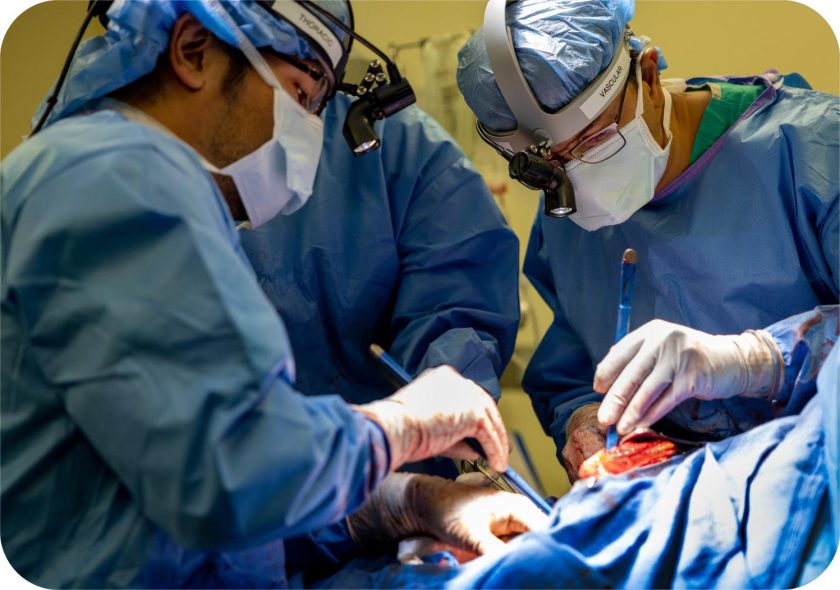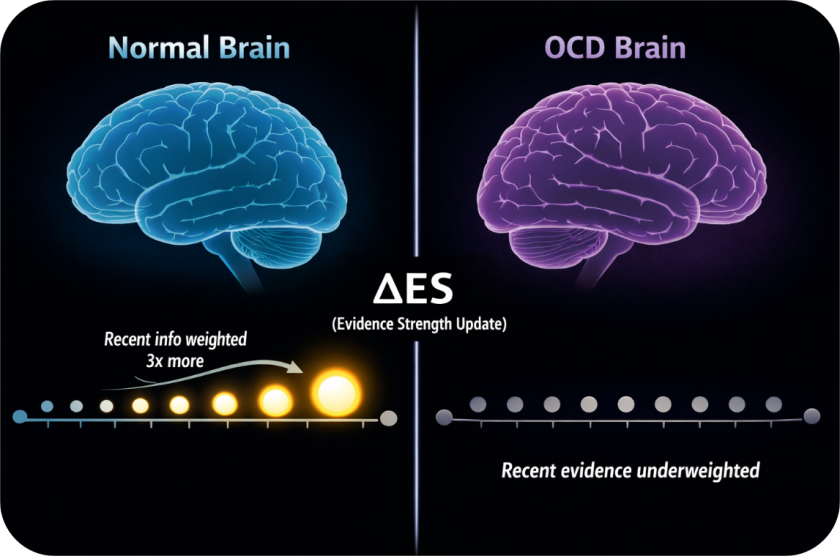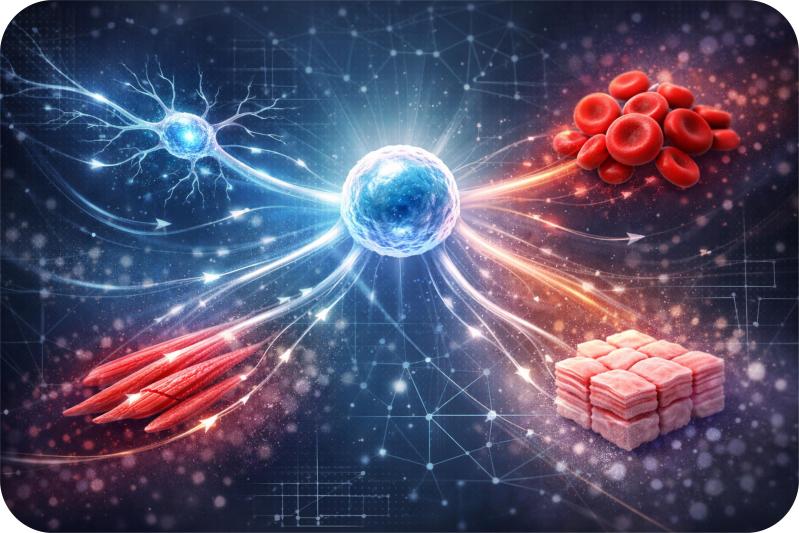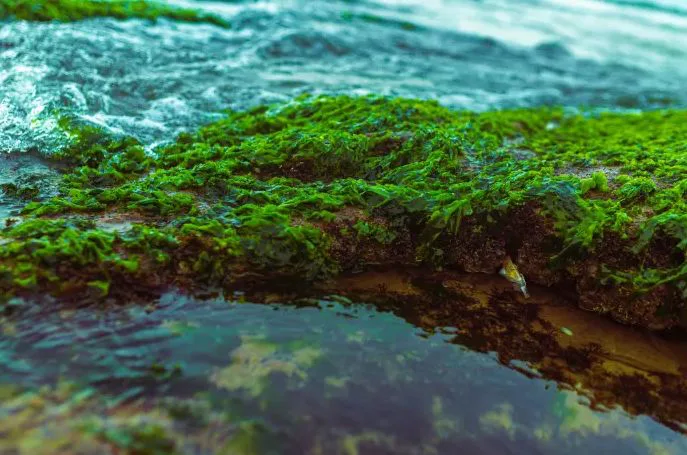
Discover a green protein alternative – algae. Forget meat, researcher says algae is the new and eco-friendly protein that we’ve been ignoring so far.
The University of Exeter just dropped a study in The Journal of Nutrition. The research demonstrates that two everyday algal species are protein powerhouses. And so, ingestion of those can help young as well as healthy adults remodel their muscles.
This screams that algae might just be the hip, eco-friendly replacement for animal-based protein for sculpting our muscles.
Algae, the Green Protein Star
Ino Van Der Heijden, the brainiac from the University of Exeter, is of the view that these algae could be our ticket to a food future that’s both secure and eco-friendly. With people giving meat the boot for ethical and green reasons, everyone’s talking about non-animal protein.
Van Der Heijden says it’s about time we check out the alternatives. And guess what’s raising eyebrows? Algae, the rising star in the protein game.
Animal Proteins vs. Spirulina and Chlorella
We all know that proteins are saturated with the right set of amino acids that we require for jumpstarting muscle protein synthesis. When it comes to leveling up those muscles, animal-derived proteins are the most valuable player, cranking up the synthesis whether we’re chilling or crushing it at the gym.
Ingesting animal protein may trigger a guilt trip for some of us. At this point of time, enter Spirulina and Chlorella, our green heroes. These are grown in labs, and are loaded with micronutrients and protein power.
However, we’re still in the dark about whether Spirulina and Chlorella can kickstart myofibrillar protein synthesis in us humans.
What is myofibrillar protein synthesis?
Myofibrillar protein synthesis is like the body’s construction crew fixing up the proteins in our muscle fibers. Myofibrils are made up of key proteins like actin and myosin.
Now, when we hit the gym or do some resistance training, our muscle tissue may experience damage or breakdown. Enter myofibrillar protein synthesis to patch things up. Thus, the process makes our muscles grow, get stronger, and bounce back from the workout chaos.
Adequate protein intake, along with exercises, plays a crucial role in supporting these myofibrillar protein synthesis. Eventually, it allows muscles to adapt and become stronger over time.
Algae vs. Mycoprotein Showdown
Coming back to our algae that are grown under controlled conditions, the researchers checked how these two stacked up against a top-notch non-animal protein source (think fungal mycoprotein).
Thirty-six healthy young adults participated in a randomized, double-blind trial. The experiment required flexing their one-legged resistance leg muscles. Then downed a protein-packed drink with 25 grams from the protein contenders: fungal mycoprotein, spirulina, or chlorella.
The researchers scooped up blood and muscle samples before kickstarting the action and then throughout a four-hour post-feast and post-exercise period.
Thus, they tracked the levels of amino acids in the blood. As well as the rates of myofibrillar protein synthesis in both relaxed and active muscle tissue.
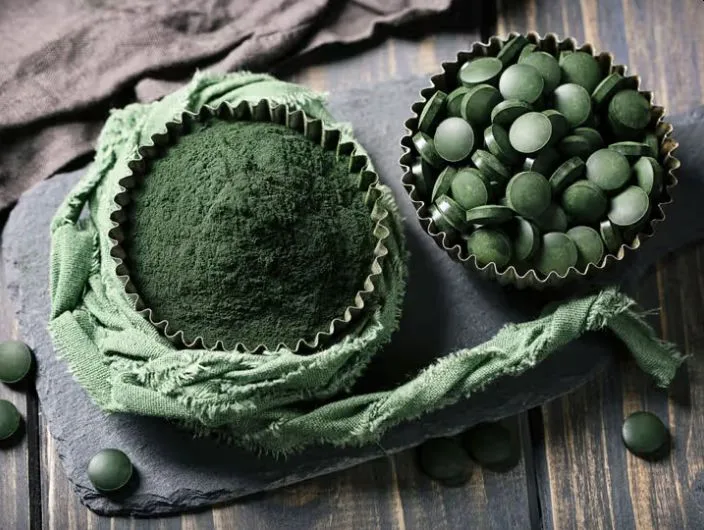
Spirulina Takes the Lead in Boosting Muscle Synthesis
Gobbling up protein increases blood amino acid concentrations. And the team noticed that in the experiment spirulina takes the lead, skyrocketing with the fastest and highest peak responses. While, leaving mycoprotein and chlorella behind.
They also observed that ingesting the lab grown protein amped the myofibrillar protein synthesis with no differences between in both the scenarios – whether muscles were taking it easy or were in full flex mode.
Finally, the researchers concluded that munching on spirulina or chlorella could give a serious boost for myofibrillar protein synthesis in both lounging and hardworking muscle tissue.
In addition to, the two algae match up to a top-notch non-animal protein contender, mycoprotein.
Takeaway
Algae is already making waves as the next big thing in green protein. It’s not just a plant in the pond; it’s packing a punch with high protein levels and some serious eco-friendly vibes.
And the best part is, it’s serving up a protein feast while keeping things low-key on the resource front, way better than the typical animal-based protein hustle.
Furthermore, the cultivation of algae holds the promise of decreasing environmental impact. So, if you’re on the lookout for a protein alternative that’s easy on the planet, algae might just be your go-to green alternative.
Source: University of Exeter

